Tankless vs Tank Water Heater: Which is Right for Your San Mateo Home?
When deciding on a water heater for your home, you have two options: a tank or a tankless model. We will delve into both types, considering aspects such as cost-effectiveness, maintenance, installation, and lifespan. Armed with this information, you can confidently make a well-informed choice.

What is a storage tank water heater and how it works?
Storage tank water heaters have been a prevalent choice in residential and commercial settings. They work by storing water in a tank and heating it as required. Heating elements or burners inside the tank heat the water, which can then be accessed through faucets and other outlets. These tanks are insulated to prevent heat loss and sustain the desired temperature. Despite the growing popularity of tankless water heaters, storage tank models continue to be a dependable and budget-friendly option for many individuals.


Benefits of a tank water heater
Tank water heaters provide several advantages:
Lower upfront acquisition and installation costs compared to tankless models, making them a cost-effective alternative.
Larger storage capacity ensures a reliable and continuous supply of hot water for homeowners.
Enhanced reliability with fewer malfunctions compared to tankless models.
Potential savings on maintenance costs, leading to reduced repair expenses over time.

What are the drawbacks of a tank water heater?
Tank water heaters come with a few cons, too:
Space requirements: Tank water heaters occupy more space, which can be a drawback for homes with limited space availability.
Energy efficiency: Older tank water heaters tend to be less energy efficient, leading to higher utility bills over time.
Limited lifespan: Tank water heaters generally last 8-12 years, while tankless systems can endure up to 20 years, making tankless heaters more durable.
Hot water depletion: Tank water heaters may run out of hot water, requiring time to reheat, which can be inconvenient for homes with high hot water usage or multiple users.


What is a tankless water heater and how does it work?
Tankless hot water heaters offer an on-demand hot water solution, operating differently from traditional models. Instead of storing hot water in a tank, they heat water as it flows through the unit, ensuring instant hot water whenever needed. Here's how they work: When you turn on the hot water faucet, cold water enters the unit and passes through a heat exchanger, which rapidly heats the water, delivering hot water directly to the faucet without any delay.

What are the benefits of a tankless water heater?
The increasing popularity of tankless water heaters among homeowners can be attributed to their numerous benefits, such as:
Energy-efficient: They reduce utility bills and provide energy savings.
Endless hot water supply: Hot water is available on demand.
Space-saving: They require less space compared to traditional tank water heaters.
Longer lifespan: Tankless water heaters typically last 15-20 years, longer than traditional tank models.
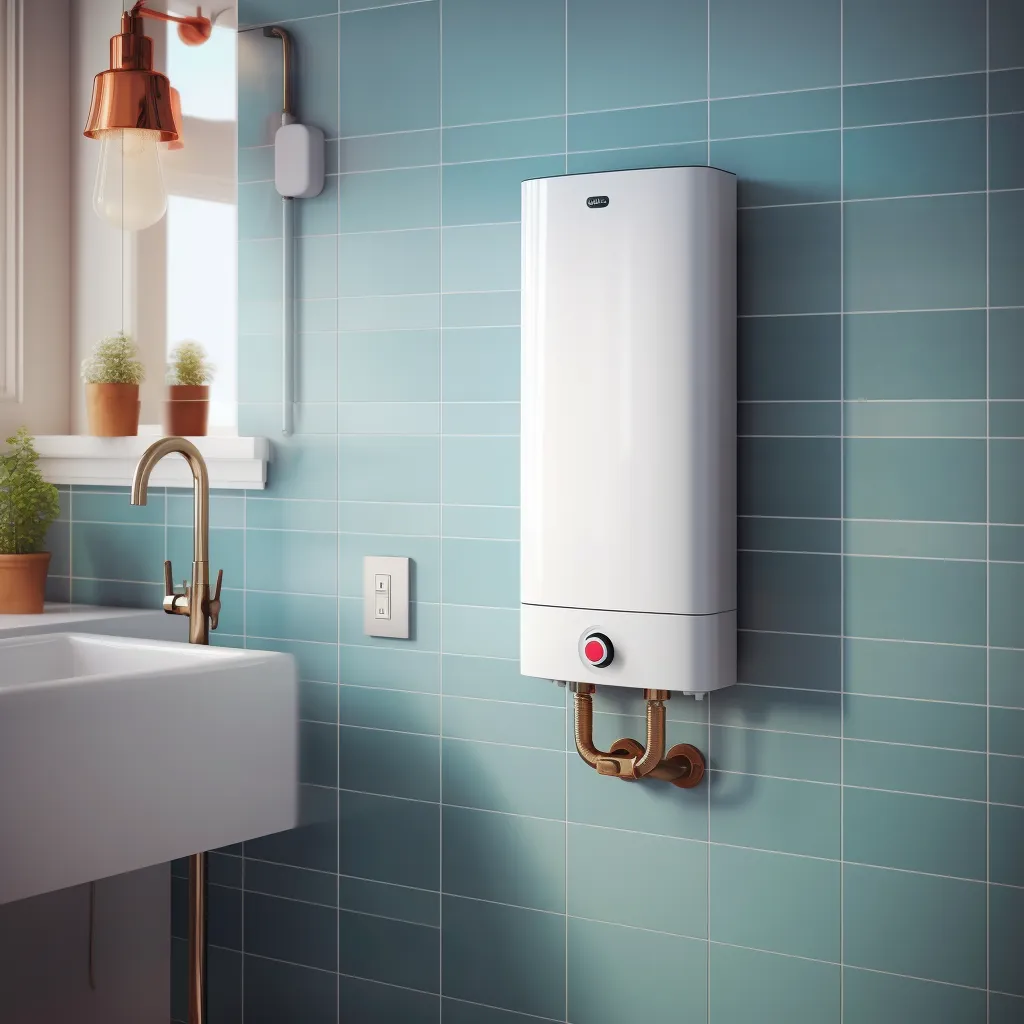

What are the disadvantages of a tankless water heater?
Tankless water heaters come with a few downsides:
Higher upfront cost: Compared to traditional tank water heaters, tankless models have a higher initial investment, which may be a deterrent for some homeowners.
Limited flow rate: The flow rate of hot water from tankless water heaters may be lower compared to traditional tanks, especially if multiple hot water outlets are being used simultaneously.
Installation complexity: The installation of tankless water heaters can be more complex and may require additional modifications to the plumbing system, potentially adding to the overall cost.
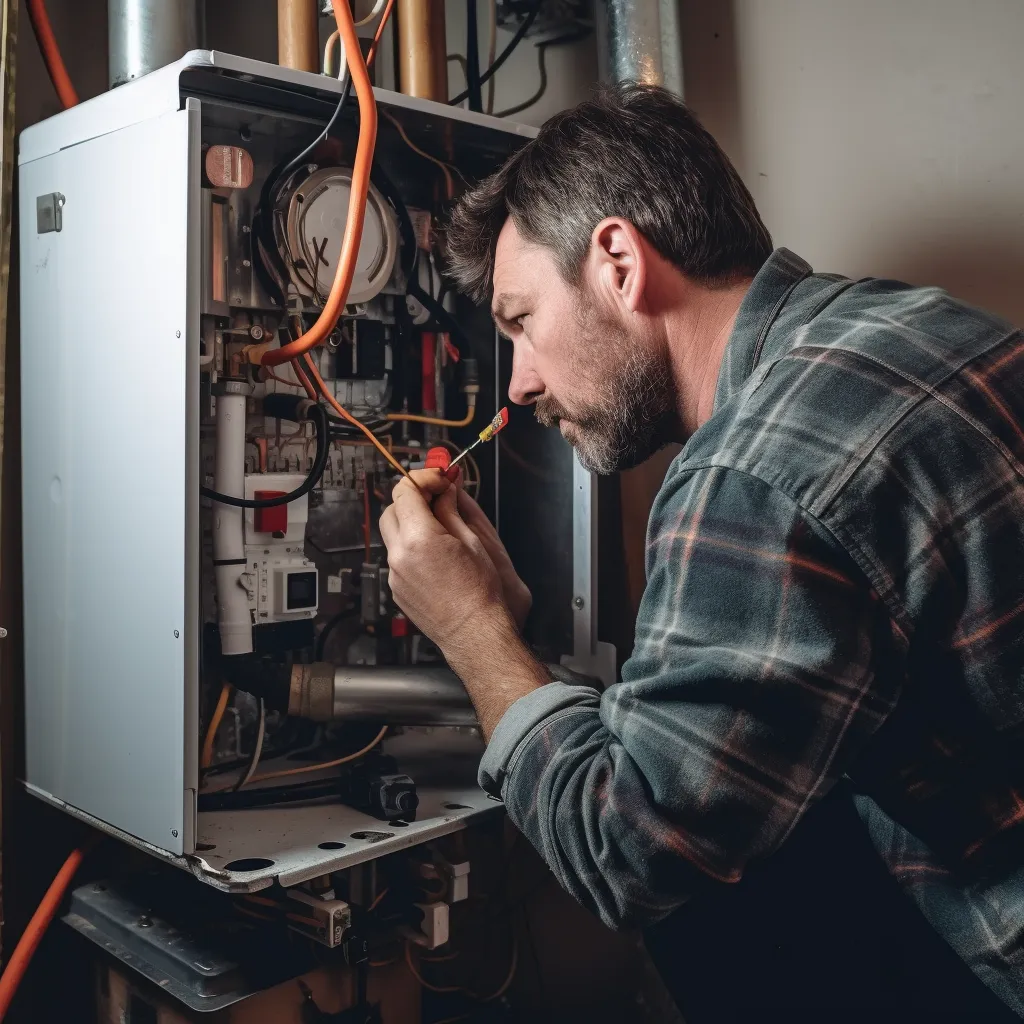
Are storage tank water heaters energy-efficient?
Traditional water heaters with storage tanks indeed have been criticized for their energy consumption, as they continuously maintain the water temperature, even when not in use. This results in energy wastage, which can lead to higher utility bills. However, advancements in technology have led to the development of more energy-efficient tank water heaters.
Newer tank models now come with improved insulation and better heating elements, allowing them to retain heat more effectively. This enhancement reduces standby heat loss and increases overall energy efficiency. While they may not be as energy-efficient as tankless water heaters, the newer tank models have made significant strides in reducing energy consumption.

Are tankless water heaters energy-efficient?
Tankless water heaters have indeed gained popularity for their energy-saving benefits and cost-effectiveness. Unlike traditional tank-based models, which continuously heat and store water, tankless water heaters heat water on demand. This on-demand heating process eliminates the standby energy loss associated with storing hot water in a tank, resulting in higher energy efficiency.
Studies have shown that tankless water heaters can be up to 34% more energy-efficient than traditional tank-based models. This efficiency translates into significant cost savings on energy bills over time. While tankless water heaters may have a higher upfront cost compared to traditional tank models, the long-term savings on energy consumption can make them a practical and cost-effective choice for homeowners.

Cost to buy and install
a tank water heater
The cost of tank water heaters can vary based on factors such as size, type, and additional features. On average, prices for traditional tank water heaters typically range from $500 to $2,000. However, more advanced models with additional features can be on the higher end of the price range.
It's essential to factor in the installation costs, which can add up to $1,500, depending on local labor rates and the plumbing conditions in your home. Keep in mind that tank water heaters require a dedicated electrical circuit or a reliable gas line, so installation should be performed by a licensed professional.

Cost to buy and install
a tankless water heater
Tankless water heaters indeed come with a higher initial cost compared to traditional models. The prices for tankless water heaters can range from $1,000 to over $3,000, depending on factors such as brand, features, and capacity.
When considering the installation costs, homeowners can expect to pay between $500 to $2,000. The actual installation expenses depend on various factors, including the complexity of the plumbing system in your home and the labor rates in your local area.
It's essential to keep in mind that tankless water heaters do not require a storage tank, which saves space and reduces the risk of tank leaks. However, they do have specific installation requirements. For instance, they typically require a larger gas line to accommodate the higher demand for hot water. Additionally, they need a reliable electricity source for proper functioning.

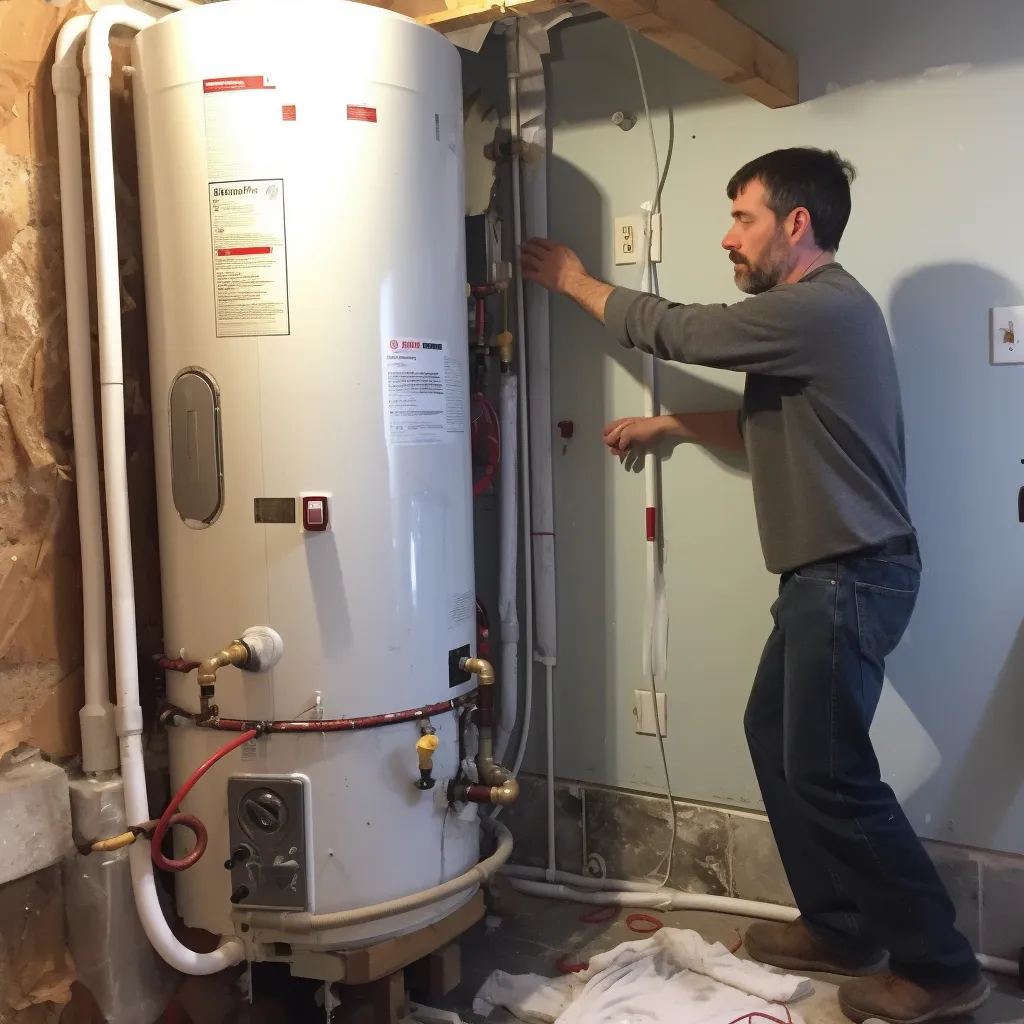
Common storage tank water heater maintenance issues
Common maintenance issues associated with storage tank water heaters include:
Leaking tank: Leaks can lead to water damage and require costly repairs. Regular inspections are essential to identify and address any leaks promptly.
Corrosion: Corrosion can occur in the tank or its components, reducing the system's efficiency and potentially resulting in expensive repairs.
Sediment buildup: Over time, sediment can accumulate in the tank, diminishing heating efficiency and potentially causing damage to plumbing fixtures.
Incorrect installation: Improper installation of tank water heaters can pose safety hazards, such as gas leaks or electrical shorts. It is crucial to have a professional plumber perform the installation to ensure proper safety measures are followed.
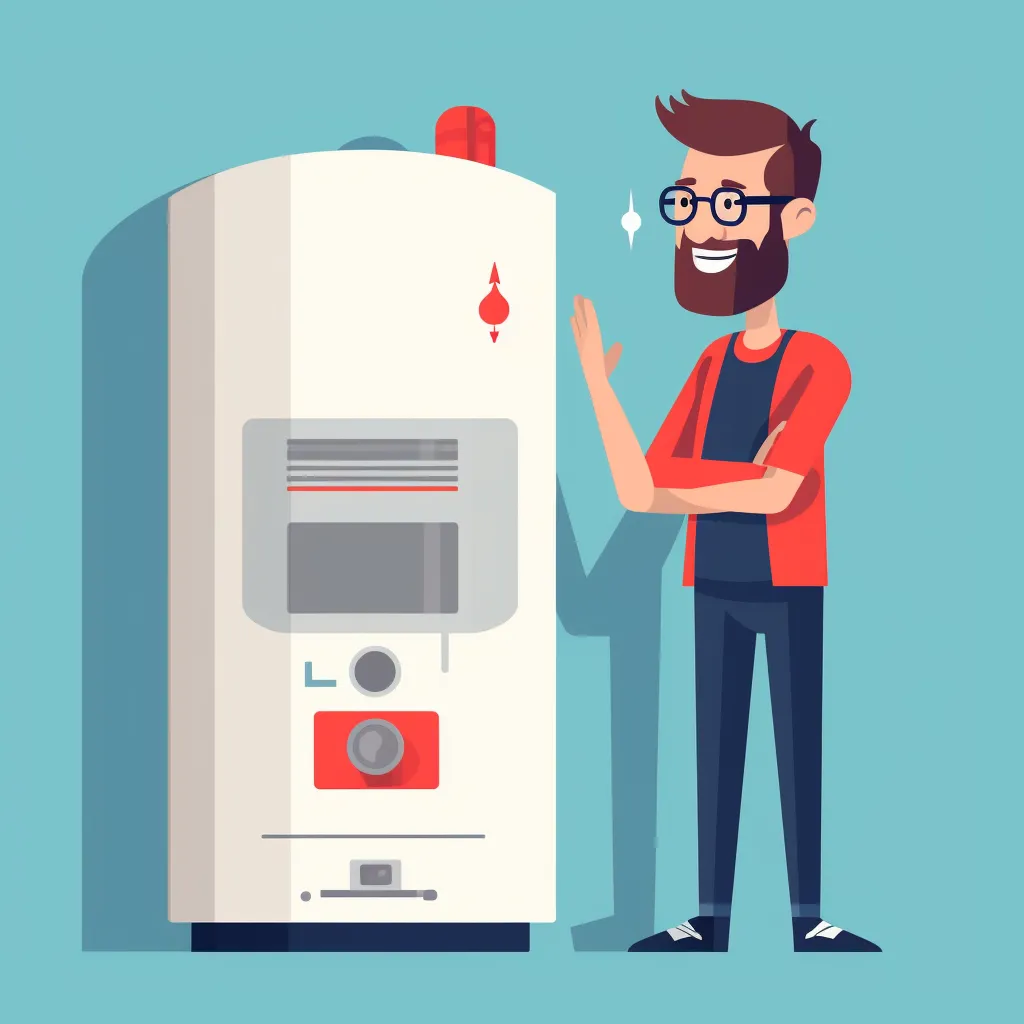
Common tankless water heater maintenance issues
Tankless water heaters, too, are not immune to maintenance issues:
Sediment buildup can occur in tankless water heaters, affecting their efficiency and potentially causing damage.
Hard water can lead to scale buildup in tankless water heaters, reducing their performance and lifespan. Descaling procedures suggested by the manufacturer should be followed to address this issue.
Tankless water heaters require a higher electrical capacity compared to traditional heaters, so it's essential to ensure that your home's electrical system can accommodate the increased demand.
The larger gas line needed for tankless water heaters should be installed securely and checked for leaks to maintain proper functionality and safety.

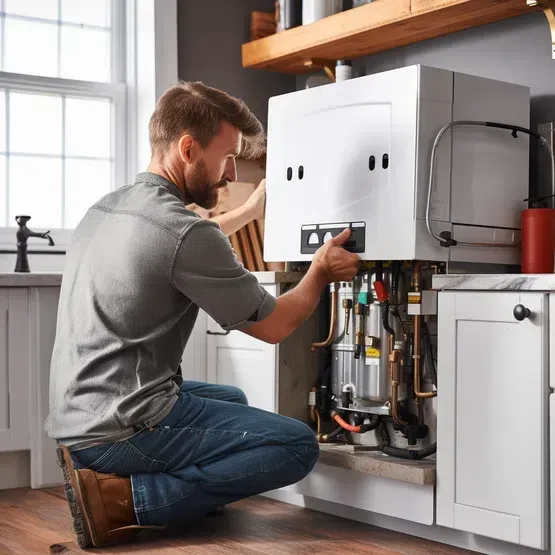
What is the lifespan of a tank water heater?
Tank water heaters generally have a lifespan of 8-12 years, but this can vary depending on factors such as usage, quality, and maintenance.
Signs like rust-colored water, leaks, lower temperature, or strange sounds may indicate that the water heater is approaching the end of its lifespan.
If you notice any of these signs, it's essential to contact a professional plumber to inspect the water heater and recommend appropriate action.
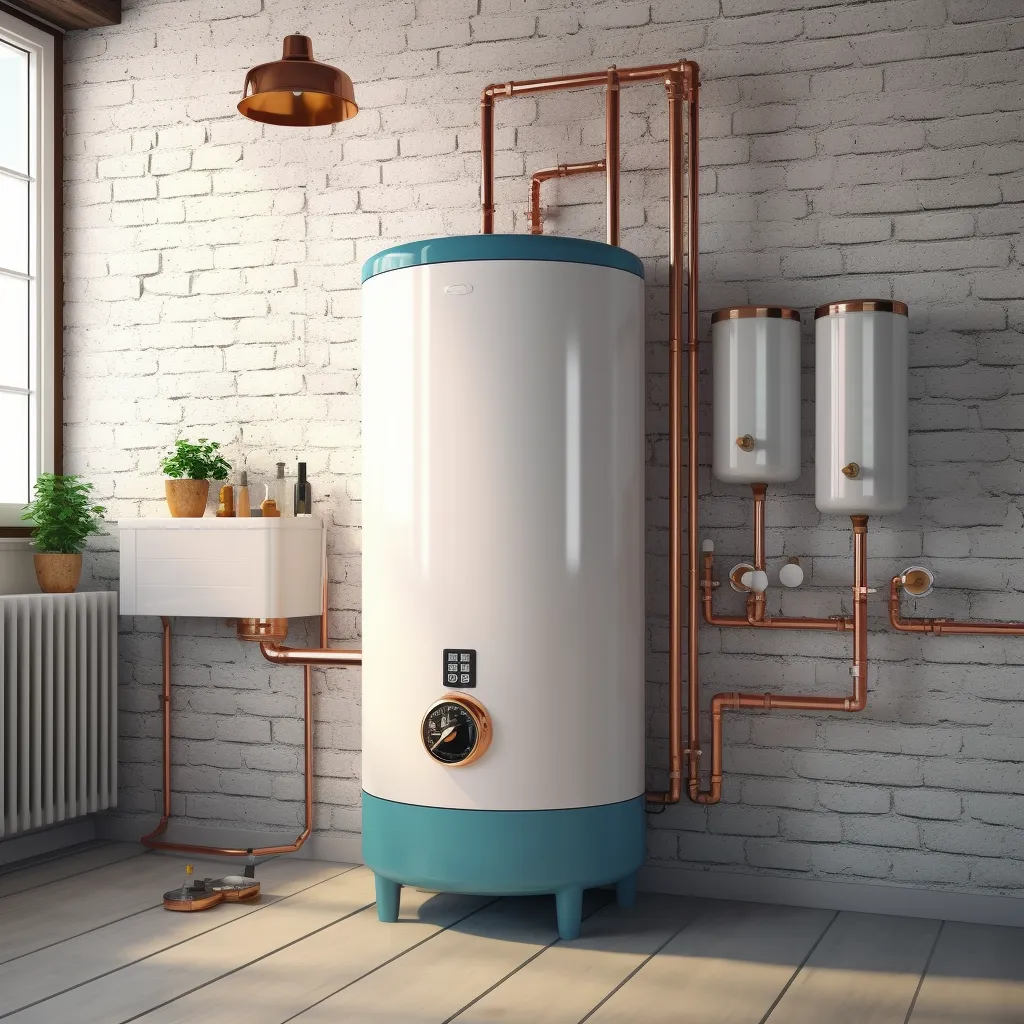
What is the lifespan
of a tankless water heater?
Tankless water heaters provide a cost-effective and long-lasting solution for hot water needs. With regular maintenance, these units can have an average lifespan of 15-20 years. Their popularity is increasing, and ongoing technological advancements are expected to further improve their performance and efficiency.


Gas vs electric water heaters
When selecting a water heater, it's essential to consider both gas and electric options. Gas models heat water faster and generally have lower operating costs, but they require maintenance and access to a gas line. On the other hand, electric models are easier to install but may result in higher operating expenses and slower heating times. The decision ultimately depends on your specific needs and preferences.
How to decide if a tankless or a tank water heater
is right for you
When deciding between a tankless or tank water heater, consider the following factors to determine which option is the best fit for your needs:

Initial Cost: Tankless water heaters usually have a higher upfront cost than traditional tank models. Factor in installation and maintenance expenses as well.
Hot Water Usage: Evaluate your household's hot water needs. Tankless heaters are ideal for continuous demands, while tank models may suffice for lower usage.
Energy Efficiency: Compare the energy efficiency ratings of both options to determine long-term energy savings.
Climate: Consider your area's climate. Tankless heaters are suitable for extreme temperatures, while tank models are better for milder climates.
Space Availability: If space is limited, tankless water heaters are advantageous due to their smaller size.
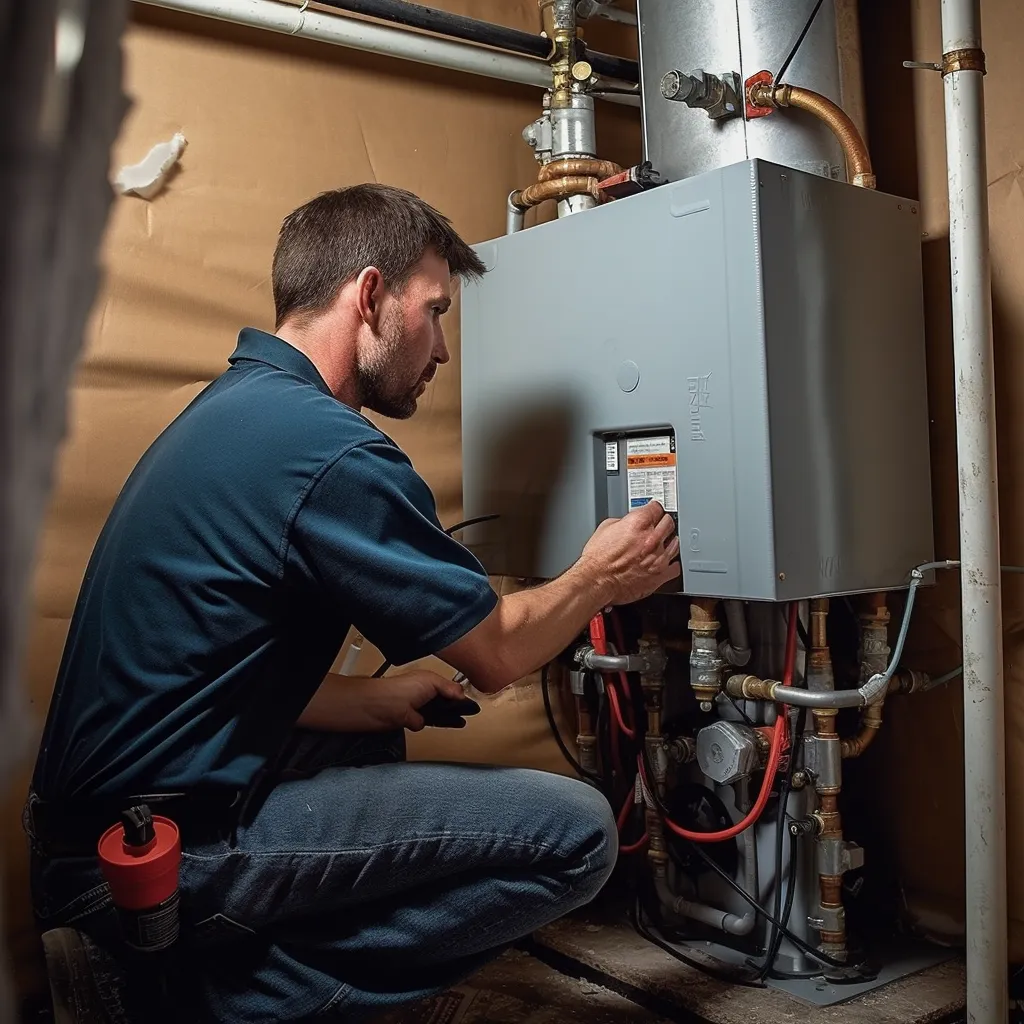
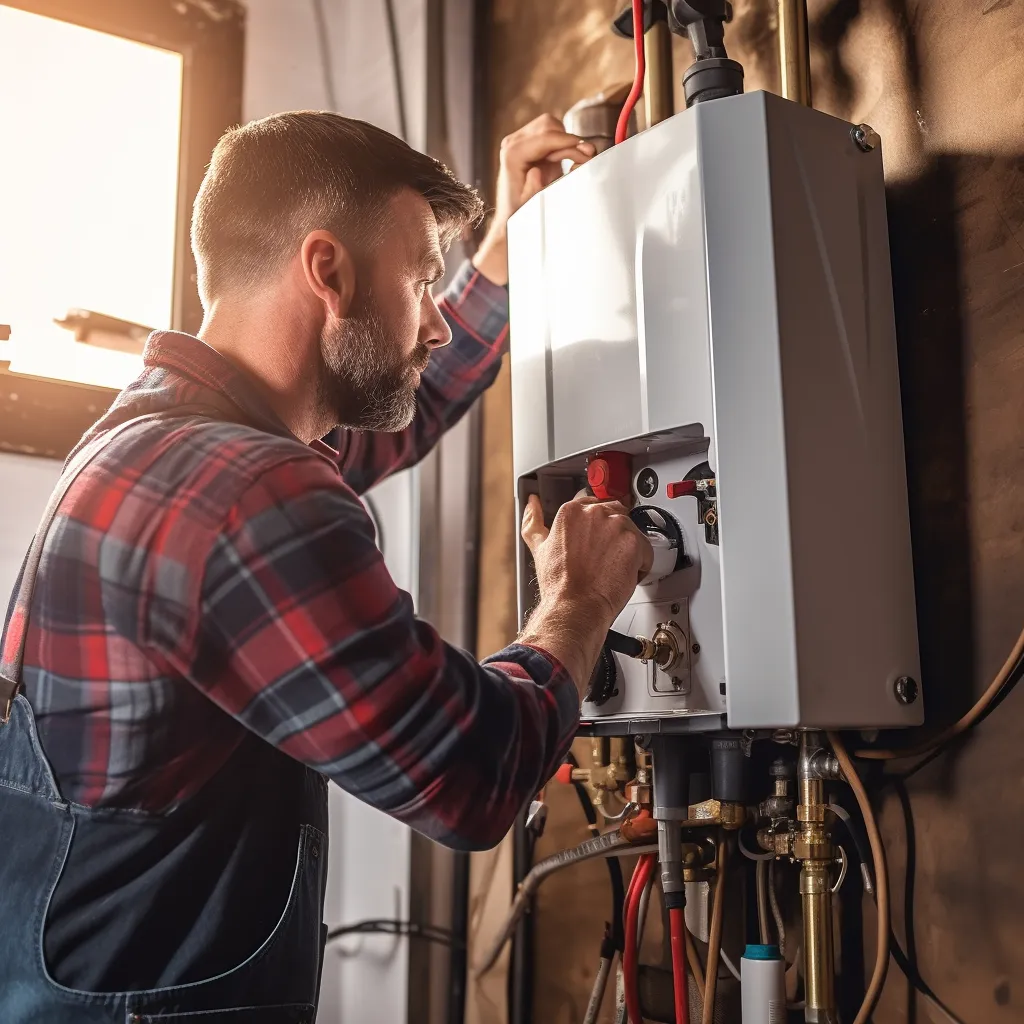
Is it important to hire a licensed professional?
Installing a new water heater is essential, and entrusting the task to a licensed professional is highly advisable. Professionals have the expertise to ensure compliance with building codes and regulations, providing valuable advice on the ideal type and size of water heater for your specific needs. With their skills, they can handle the installation safely and efficiently, giving you peace of mind and a reliable hot water supply without the risk of accidents or hazards.

Researching tankless vs tank water heaters
is important
Selecting a water heater for your home involves a crucial decision between a tank or tankless model. To make the right choice, carefully assess your specific needs, budget, and installation requirements. Thorough research is essential to understand the impact of your decision, including potential energy cost savings and continuous hot water availability. Evaluate various units, consider their energy efficiency ratings, and take your time to make an informed and beneficial choice for your household. Good luck with your decision-making process!
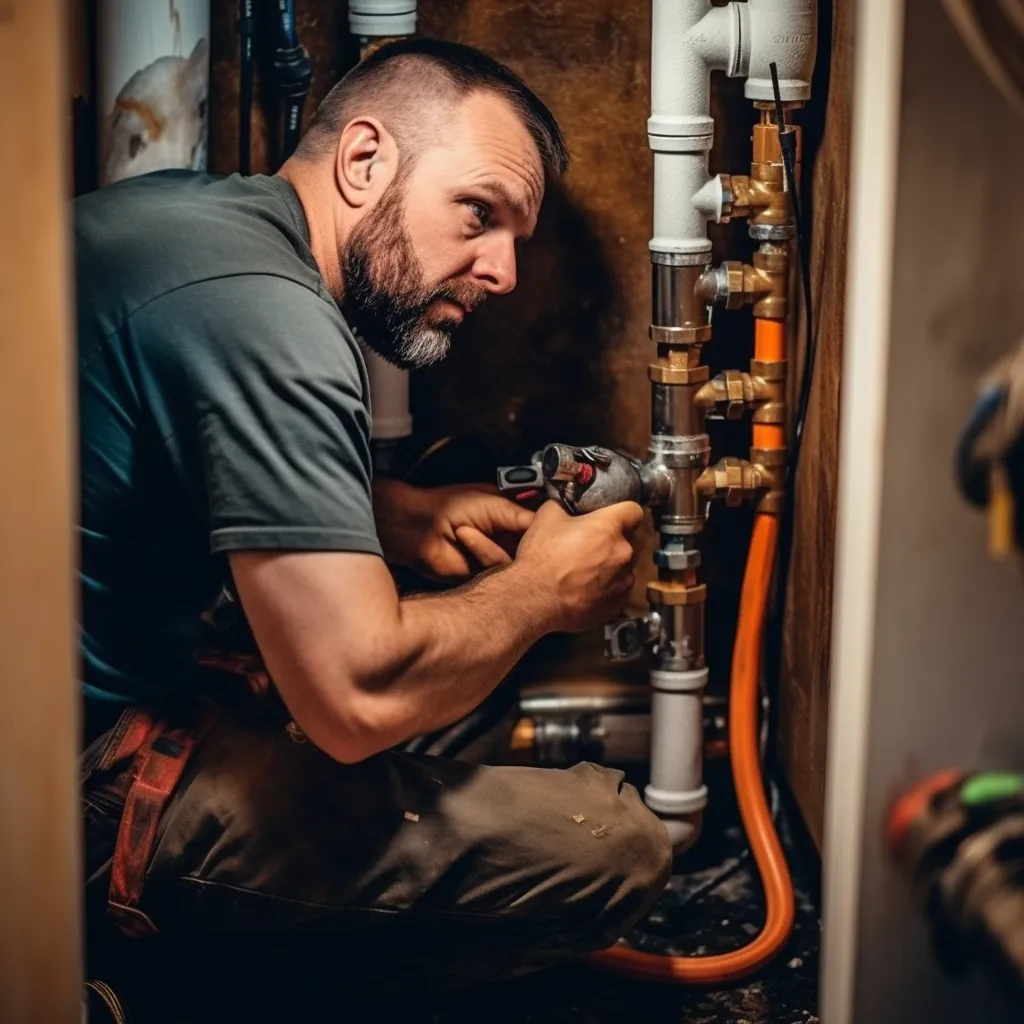
Contact Us
GET IN FULL TOUCH
PHONE: (650) 337-0872
EMAIL:
ifran@waterheatersinsanmateo.com
All Pro Plumbing and Rooter
San Mateo, CA 94401
